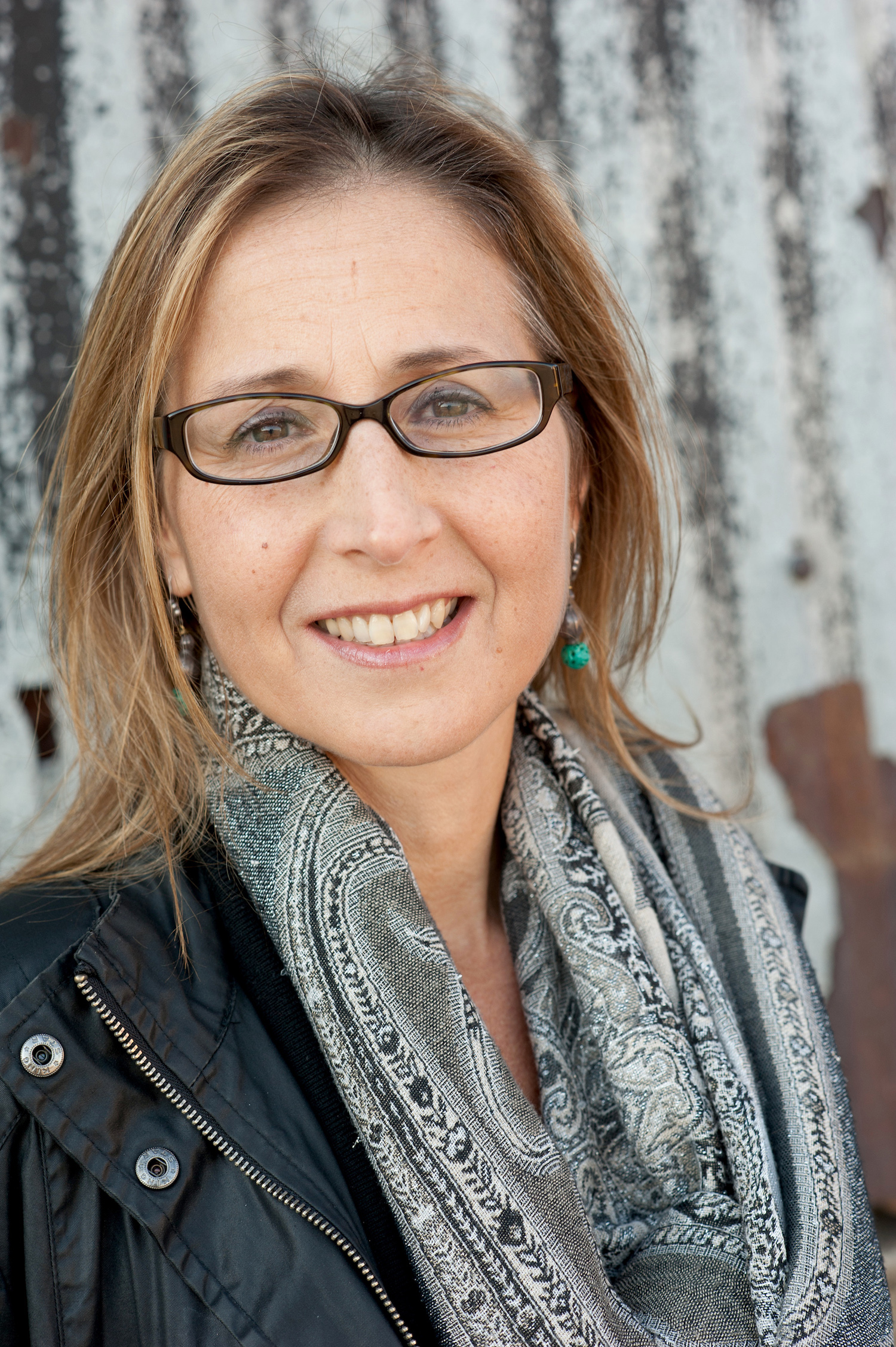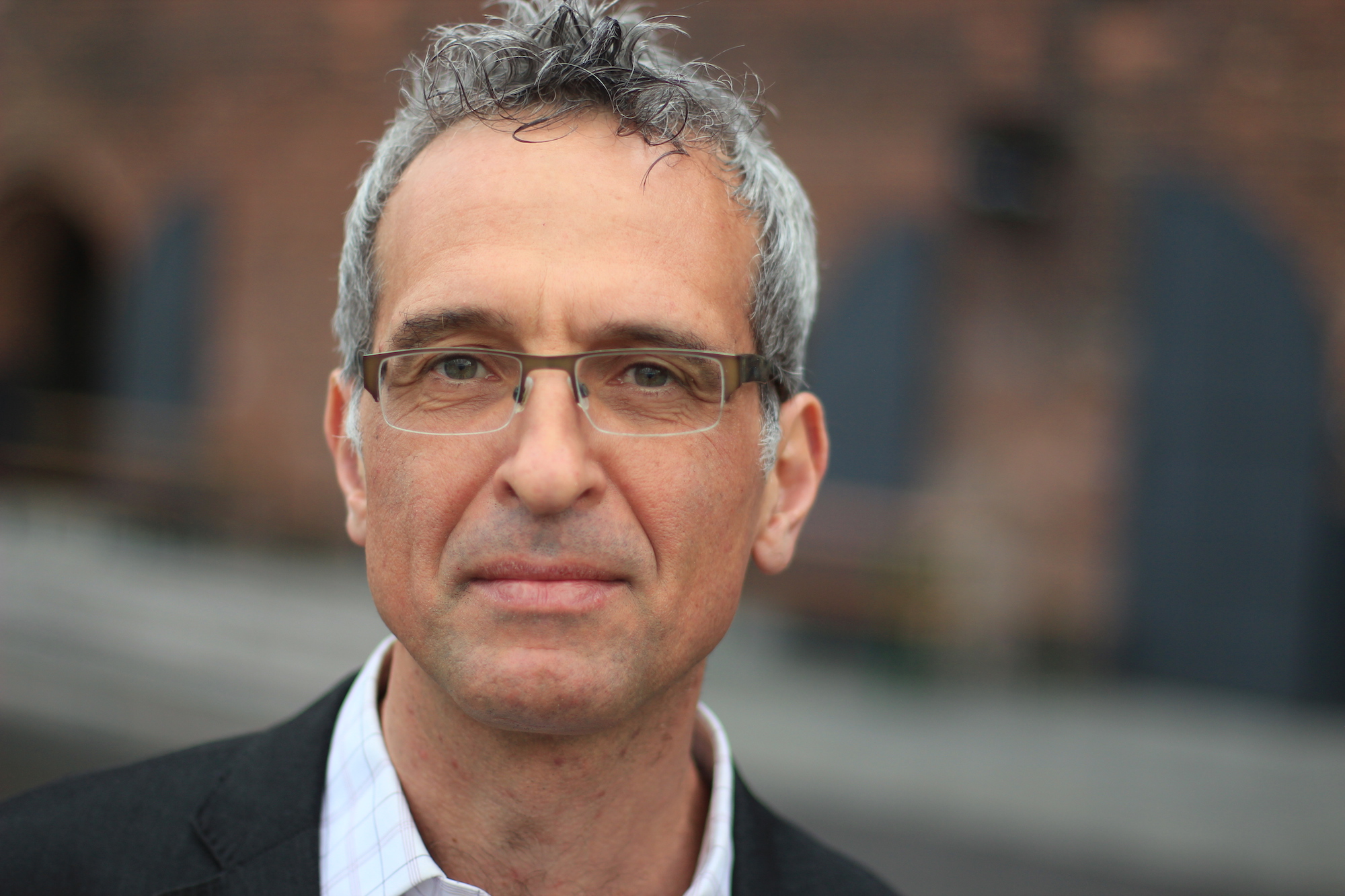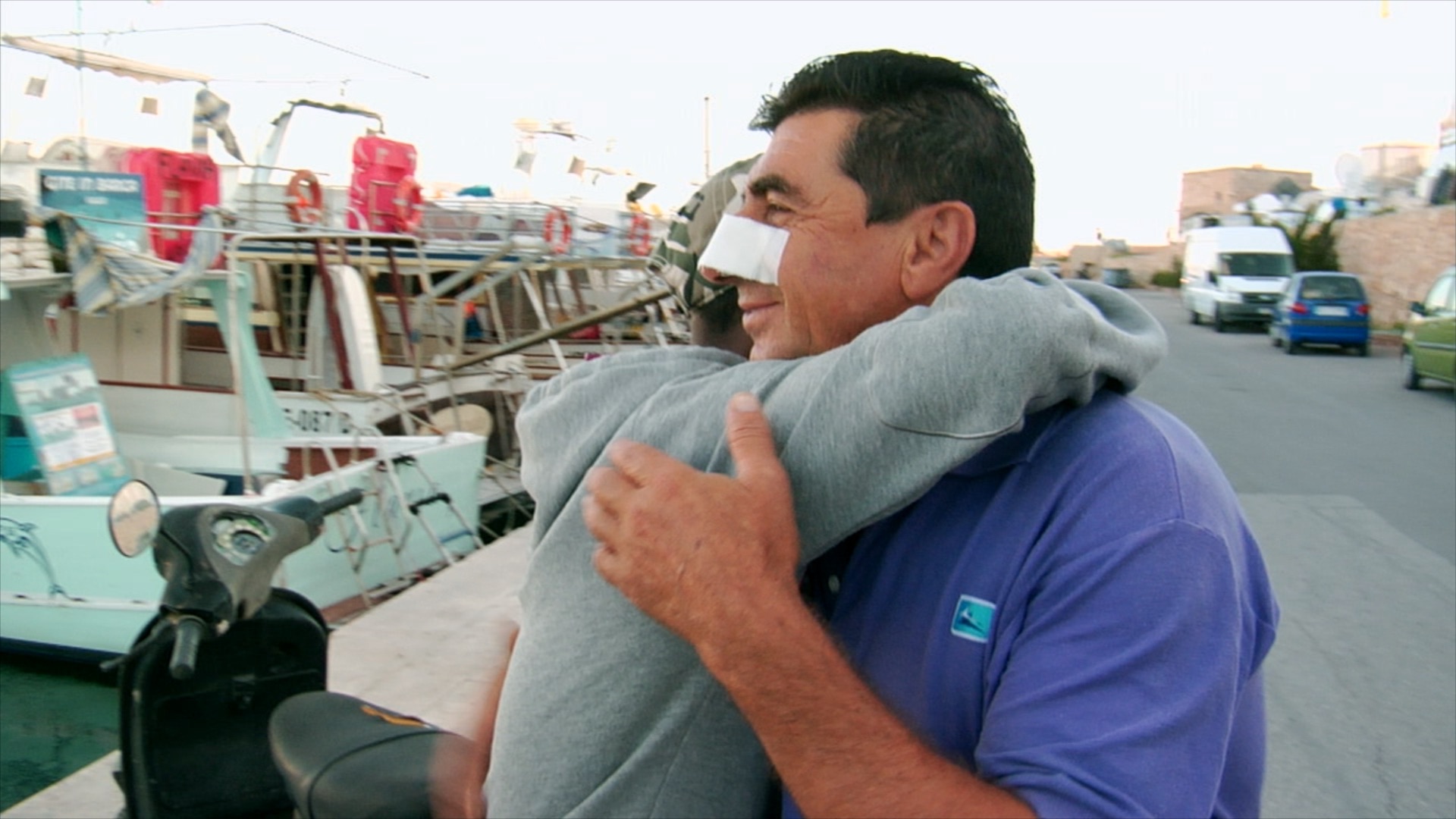
Lorena Luciano and Filippo Piscopo are filmmakers and documentarians, colleagues and partners in both business and in life. They are Italian, having emigrated to the U.S. about 20 years ago, and they currently live in Brooklyn. Their latest film, It Will Be Chaos, was produced by HBO and won an Emmy Award (the equivalent of an Oscar in the television industry) for Outstanding Current Affairs documentary. It has been seen by millions of people around the world: HBO broadcasts it in the U.S. while SKY On-Demand does so in Italy.

Chaos is a film that tells two stories: the first is that of Aregai, a young Eritrean man who, in 2013, survives one of the most tragic shipwrecking events to ever occur off the coast of Lampedusa (Sicily) and embarks on an adventurous journey through Italy to reach Northern Europe. The second is that of Syrians Wael and Doha Orfahli and their four children, a family fleeing the Syrian Civil War. They met the two directors in Smyrna, Turkey through Sara Bergamaschi, a UN official originally from Modena who was also associate producer of the documentary. The Orfahli family are determined to rejoin Wael’s brother in Germany, embarking on an epic journey requiring them to reach Greece by sea and to cross the land borders of nine different countries.

Filming led Lorena and Filippo to share the living conditions of the characters in their film for long periods of time. Despite the need to limit equipment to a minimum, the images speak for themselves and drag the viewer into the odyssey experienced by the film’s refugee protagonists.
Chaos is not a documentary with a preset thesis, but rather one that tells stories of real people. Indeed, this almost gives the illusion that the stories are telling themselves—there is no narrative voice and captions are kept to a minimum. The camera is used with great skill and at the same time with great discretion. There is an unmistakable modesty expressed by those aware of the fact that they are entering intimate and familiar spaces, the product of a relationship of trust between the directors and the protagonists that was established gradually without shortcuts. It is a patient documentary asking the right questions about the “after”, devoid of the stock images depicting the migrant landings and shipwrecks that bounced all over global media and were immediately exploited to underpin the rhetoric of xenophobia and invasion. It concentrates on the individual paths of a few individuals, with a focus on their hopes, fears, and daily lives.
For all these reasons, I am tempted to say that the stories It Will Be Chaos tells are not two, as I had originally stated, but in reality three: in addition to the stories of Aregai and the Orfahlis that we see unfold on screen, there is also the experience of Luciano and Piscopo, who never appear on screen, yet share the lives of the protagonists by becoming their travel companions, and who perhaps, for this very reason, know how to tell their stories with great empathy and without any trace of rhetoric.
Translated by Ryan Elivo











